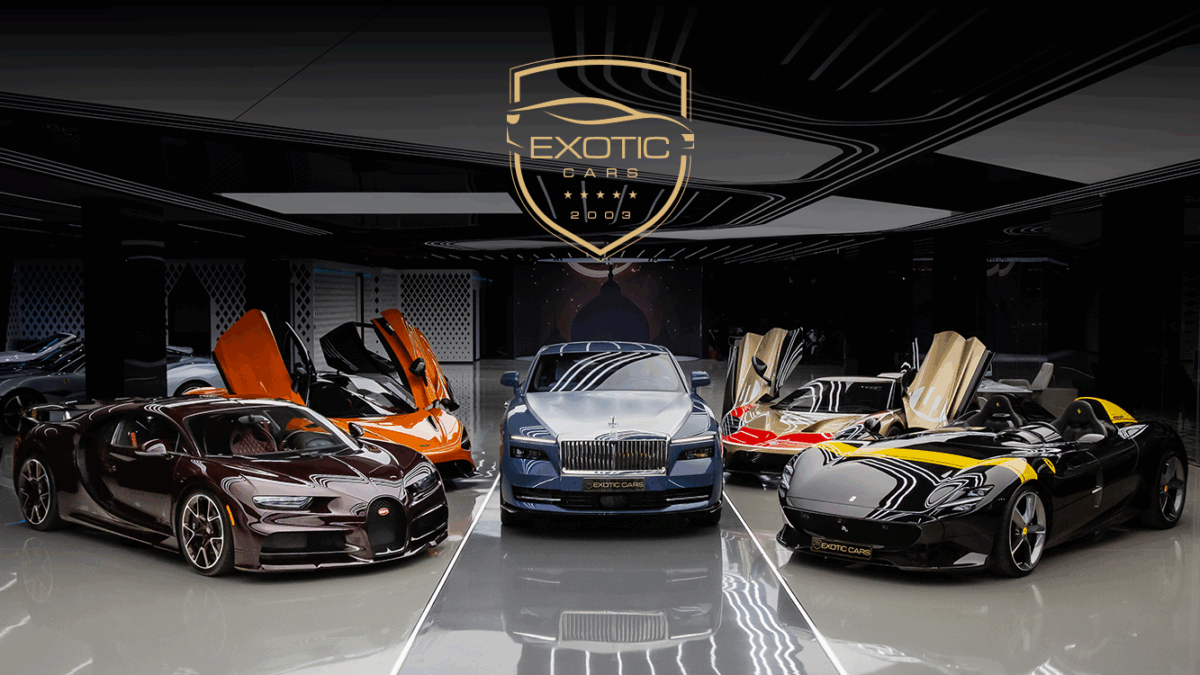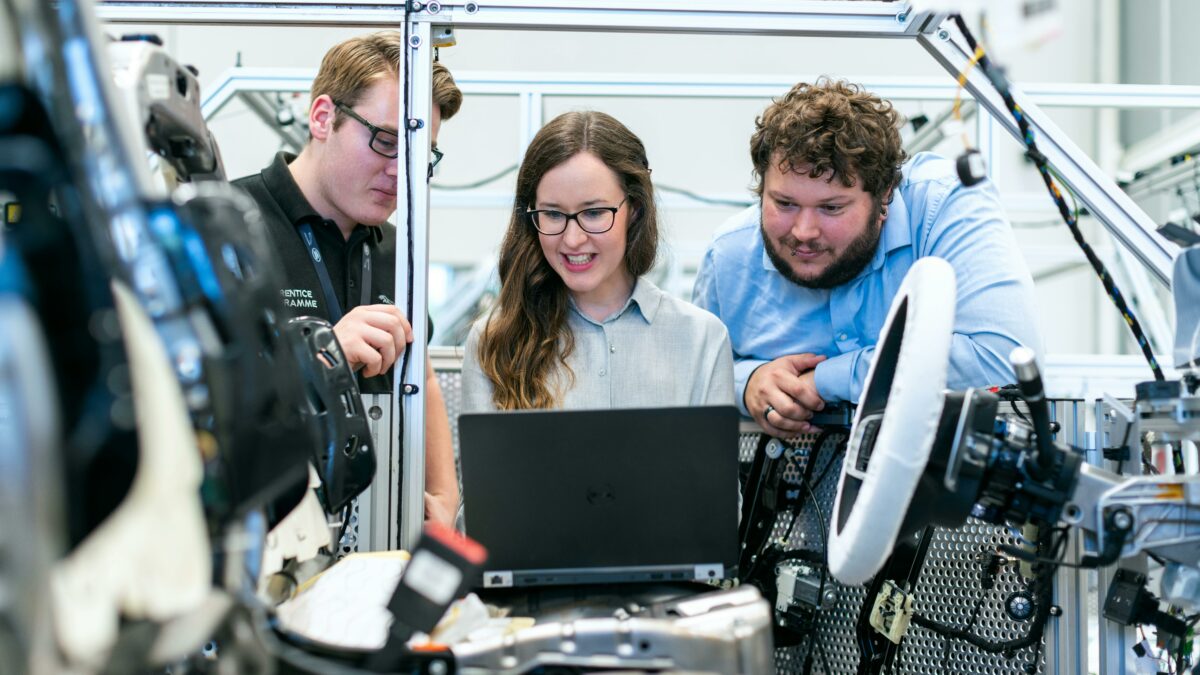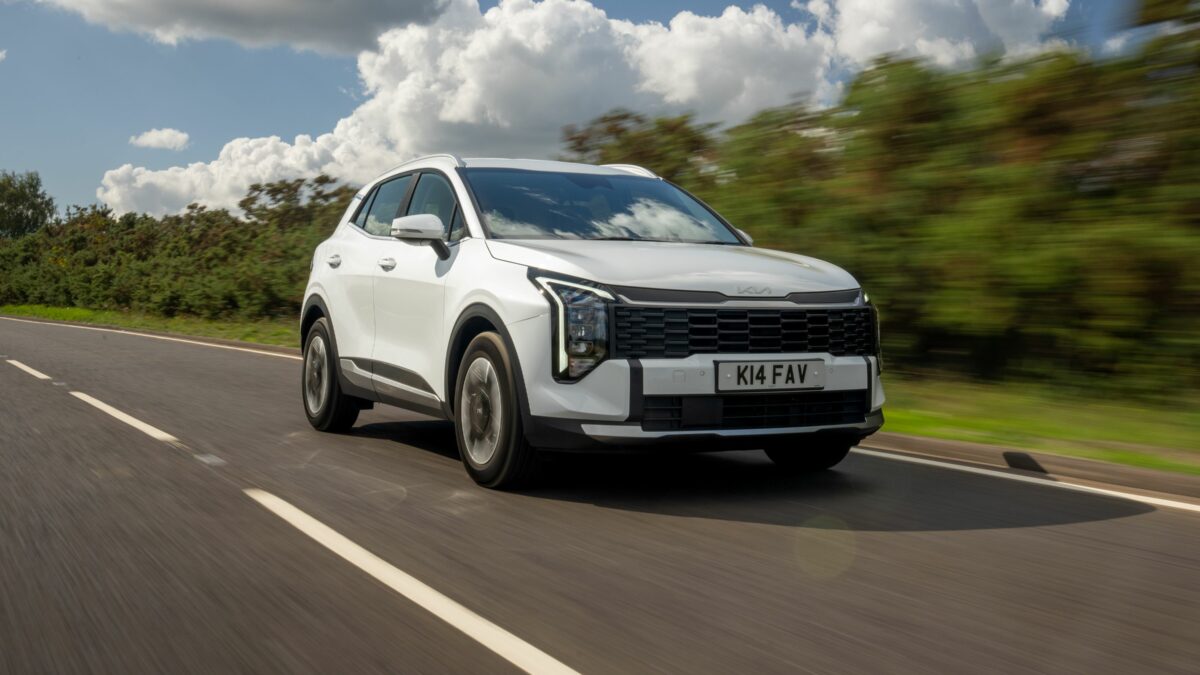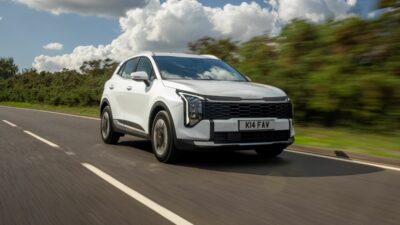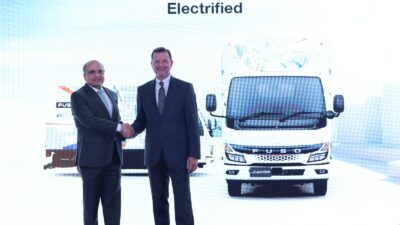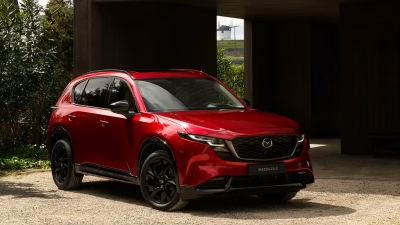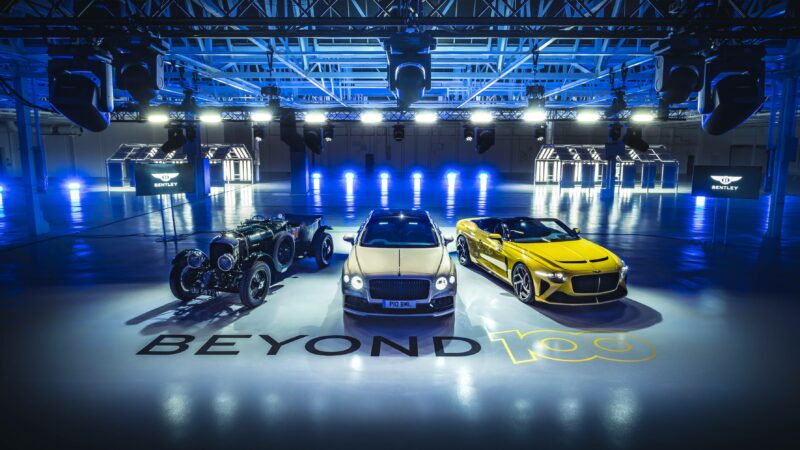
Bentley Motors Outlines Beyond100 Strategy, Targeting Sustainable Luxury Mobility Leadership
Bentley Motors has outlined plans to become a global leader in sustainable luxury mobility by revealing further details of its Beyond100 strategy. With the promise to offer truly sustainable luxury, Bentley will reinvent every aspect of its business to become an end-to-end carbon neutral organisation as it embarks on its second century. The target is driven by a transformation programme across Bentley’s entire operations and products. This includes switching its model range to offer exclusively plug-in hybrid or battery electric vehicles by 2026, and full electric vehicles only by 2030.
The announcement highlights Bentley’s plans to provide extraordinary mobility for the next century, evolving from the world’s largest producer of 12-cylinder petrol engines to having no internal combustion engines within a decade, reinventing itself as a leader in sustainable luxury mobility.
The Beyond100 strategic plan is an extension of two decades of forward thinking, innovation and achievement. Acutely aware of the responsibility to consider its environmental, social and economic impact, Bentley has transformed its 80-year-old headquarters into the UK’s single carbon neutral luxury car factory. In parallel, the luxury marque has grown to operate in more markets than ever before, 68, while creating a long-term, consistent, sustainable business model, a truly solid basis to build for a second century.
Adrian Hallmark, Chairman and Chief Executive Officer of Bentley Motors, said: “Since 1919, Bentley has defined luxury grand touring. Being at the forefront of progress is part of our DNA – the original Bentley boys were pioneers and leaders. Now, as we look Beyond100, we will continue to lead by reinventing the company and becoming the world’s benchmark luxury car business.
“Driving this change includes, and also goes beyond our products, delivering a paradigm shift throughout our business, with credibility, authenticity, and integrity. Within a decade, Bentley will transform from a 100 year old luxury car company to a new, sustainable, wholly ethical role model for luxury.”
End-to-End Carbon Neutral
Bentley’s aim to become an end-to-end carbon neutral luxury car brand by 2030 will be underpinned by a structured, business-wide sustainability programme. This includes the development of electrified models throughout the range, and further improvements on its operational environmental impact, that of its tier one supply chain and collaborating with its retailer network.
Bentley’s approach to redefining its business model will be built around its accelerated journey towards electrification. Having already committed that every model line will be offered with the option of a hybrid variant by 2023, with Bentley’s first pure electric model to be launched in 2025, Bentley is now announcing a move towards zero emission mobility.
Following the introduction of the first Bentley fully electric model in 2025 – Bentley’s first cradle to grave fully carbon neutral car – Bentley will exclusively offer plug-in hybrid and electric models only within its range in 2026. By 2030, this will change to battery electric vehicles only.
Bentley’s electrified future was previewed with the reveal of the all-electric EXP 100 GT concept car in its centenary year, which also featured a multitude of sustainable materials. Bentley will continue to use only sustainably sourced materials throughout its current, and next generation of cars.
Last year, Bentley’s production facility in Crewe became the first luxury automotive factory in the UK to be certified carbon neutral by the Carbon Trust. This followed two decades of implementing innovative solutions, including a water recycling system in the paint shop, local tree planting, installation of a 10,000 solar panel carport, taking the total number of on-site solar panels to 30,000, and a switch to renewable-only electricity sources.
The Crewe facility will continue to improve its environmental operations. By the end of this year, all suppliers will have passed a sustainability audit, verifying their sustainability credentials. In the future, by the end of 2025, the company intends to reduce its factory environmental impact by focusing on energy consumption, CO2 emissions, waste water, use of solvents in the paint process and becoming plastic neutral. This will result in a climate positive factory by 2030, actively reducing levels of carbon in the atmosphere, while in parallel the business invests in renewable energy and forestation projects.

